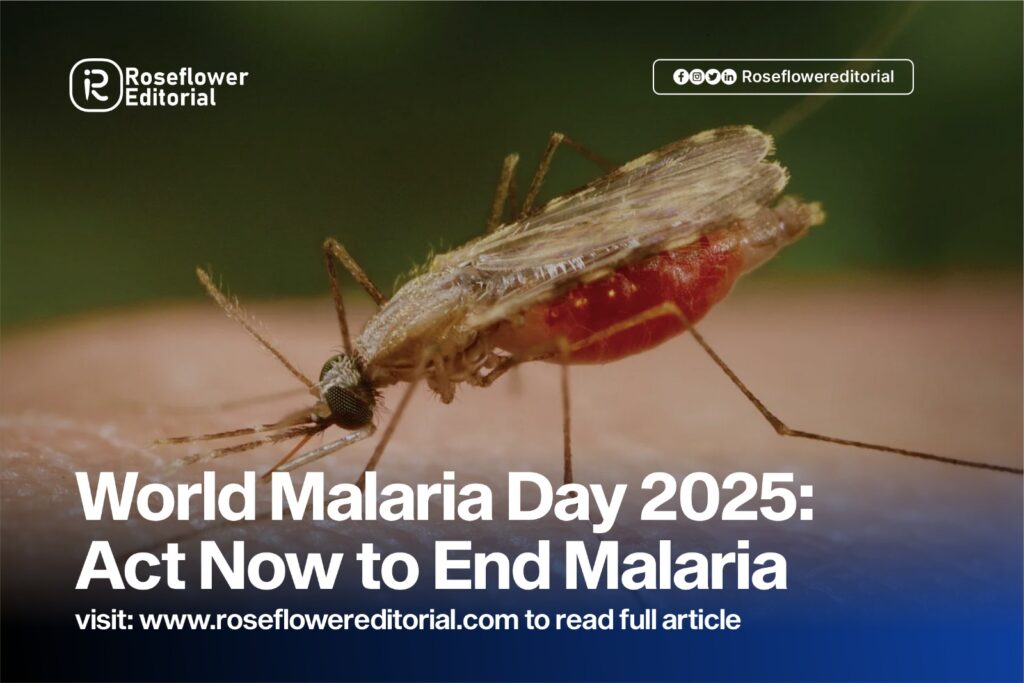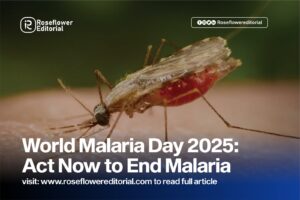World Malaria Day 2025: The Fight for Malaria Prevention Continues
World Malaria Day 2025 highlights a pressing issue that continues to affect millions globally: malaria prevention. Despite significant efforts, malaria remains one of the most fatal diseases in sub-Saharan Africa, causing untold suffering for families and entire communities. The theme for this year, Reinvest, Reimagine, Reignite, calls us to reflect on our strategies for ending malaria and to renew our commitment to this critical cause. Malaria prevention should be our collective priority, as every minute a child dies from this preventable disease. With the right investments, we can
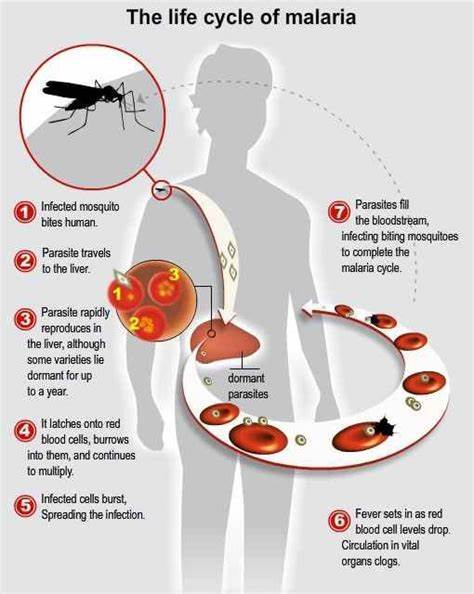
Understanding Malaria: Causes, Symptoms, and Prevention
Malaria is caused by parasites transmitted through the bite of infected Anopheles mosquitoes. The disease leads to flu-like symptoms, including fever, chills, and headaches, which can become life-threatening without prompt treatment. Malaria prevention involves several strategies, such as using insecticide-treated mosquito nets, eliminating mosquito breeding sites, and providing access to early diagnosis and treatment. The role of healthcare systems in providing affordable treatment options is also crucial. Governments and organisations must ensure that the resources to prevent and treat malaria are accessible to all, particularly in malaria-endemic regions.
The State of Malaria in 2025: Challenges to Malaria Prevention
In 2025, malaria continues to pose significant health risks, with more than 240 million cases recorded globally. The majority of these cases occur in sub-Saharan Africa, with countries such as Nigeria, the Democratic Republic of Congo, and Mozambique facing the highest burden. The fight for effective malaria prevention is being hindered by several challenges, including rising drug resistance, climate change, expanding mosquito habitats, and critical funding gaps for interventions. Despite efforts to distribute insecticide-treated nets and other malaria prevention tools, the disease still claims countless lives every year. For meaningful progress, we must continue investing in and innovating malaria prevention strategies.
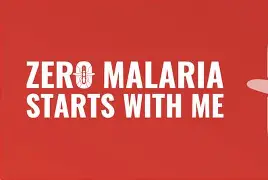
What “Act Now” Means for Malaria Prevention in 2025
The call to Act Now in 2025 is urgent. With growing urgency, the need for rapid action is greater than ever before. Malaria prevention measures must be prioritised in both public and private sectors. This means investing in effective diagnostic tools and treatments that will make a difference. Innovations in mobile technology, such as using mobile clinics to reach remote communities, are helping to improve malaria prevention in countries like Rwanda and Zambia. These countries have set inspiring examples by integrating local resources and empowering communities to take charge of their health. For example, Rwanda’s mobile clinics have drastically reduced the time it takes for mothers in rural areas to access treatment. These types of grassroots interventions are integral to the global effort to prevent malaria.
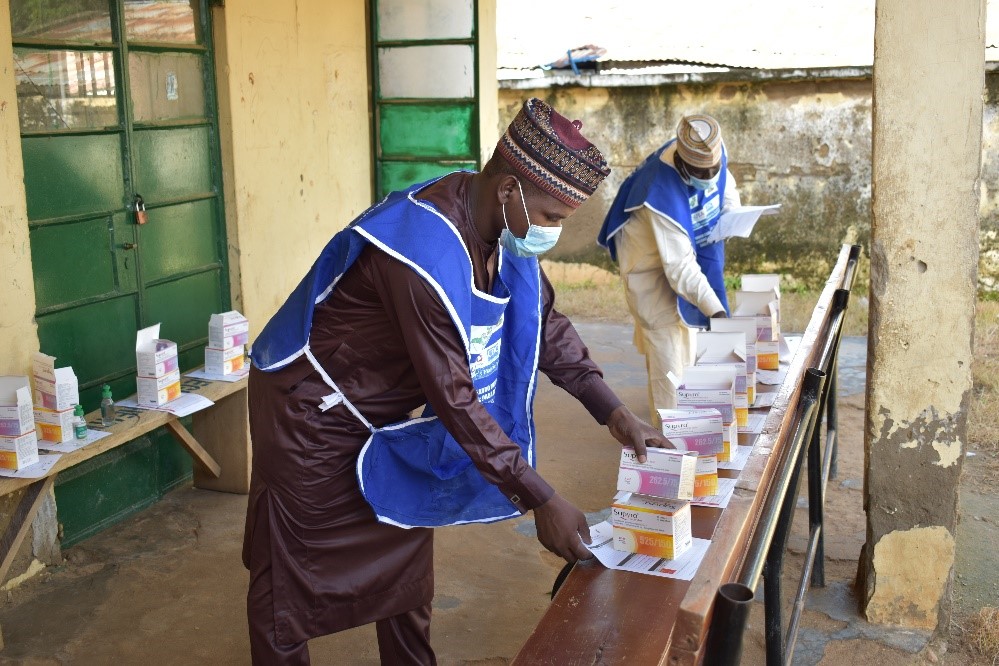
Malaria Prevention: How Governments and Local Initiatives Can Make a Difference
When governments prioritise malaria prevention, entire communities benefit. Countries like Mauritius, which eradicated malaria decades ago, continue to implement strict measures to prevent its return. Travellers from high-risk malaria regions are screened upon arrival, and those found with parasites are quarantined, ensuring that the disease does not spread. Similarly, Rwanda and Zambia have demonstrated how targeted government policies and community-based solutions can improve access to malaria prevention tools. These governments have worked with local organisations to distribute mosquito nets and provide education on the importance of malaria prevention. These measures, combined with strong government commitment, have saved countless lives.
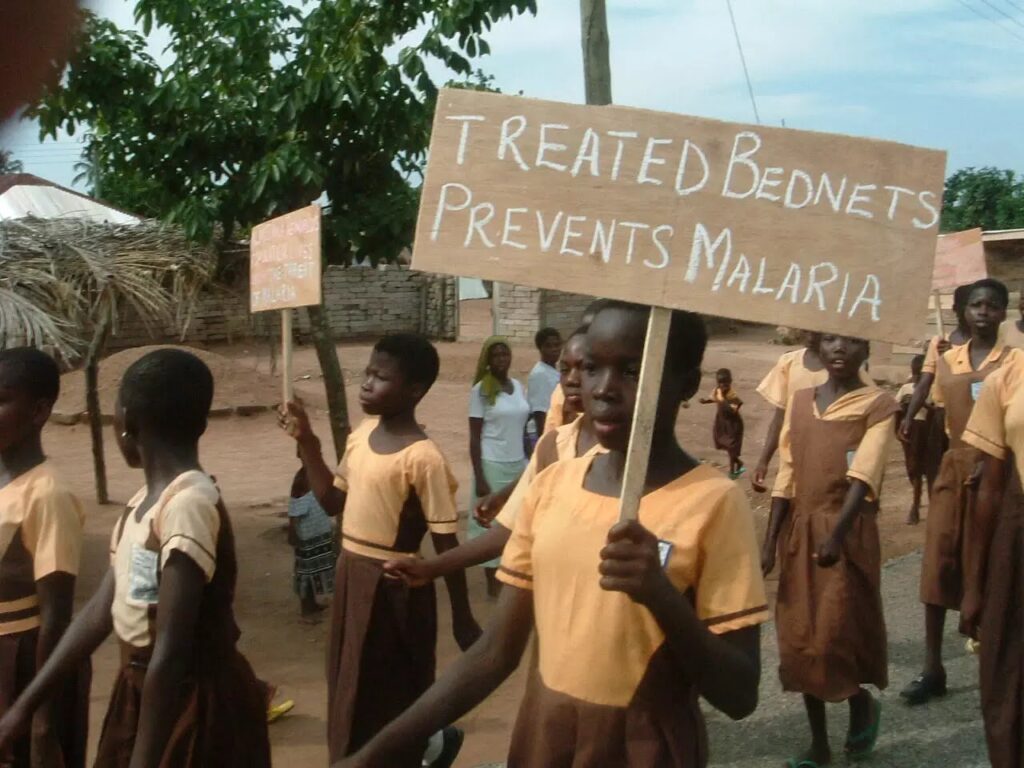
How You Can Contribute to Malaria Prevention Today
Malaria prevention isn’t just a responsibility for governments and health organisations—it’s something each of us can contribute to. Start by donating to trusted organisations like the Against Malaria Foundation, where every contribution helps fund mosquito nets and provides malaria treatment to those who need it most. Share malaria prevention awareness materials on your social media platforms to increase global awareness. Also, you can advocate for stronger government policies around malaria prevention by signing petitions, attending campaigns, and joining virtual events. Finally, host a local event such as a school talk or a community health drive to educate others. The more we all act, the closer we get to ending malaria for good.
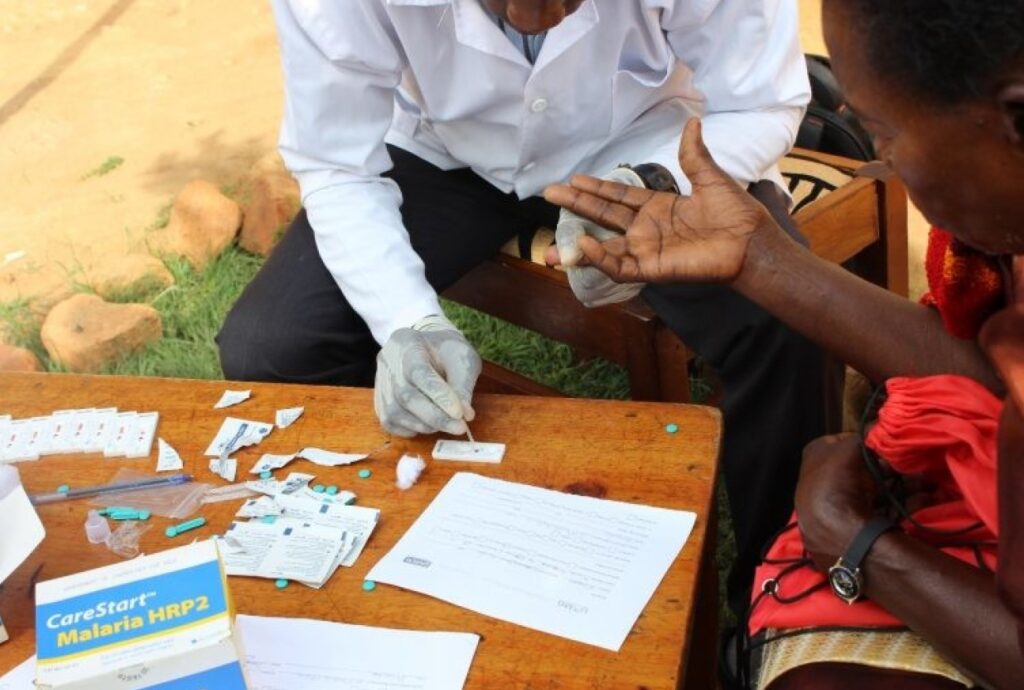
The Importance of Regular Malaria Check-ups
The truth is, many people mistakenly self-treat malaria using over-the-counter drugs or herbal remedies, which can lead to severe complications. It’s essential to seek proper medical advice and undergo a malaria test if you suspect you’ve been infected. Importantly, early diagnosis and treatment are the keys to preventing severe consequences. Rather than relying on self-treatment, visiting a healthcare provider can ensure accurate diagnosis and better outcomes. Again, do not wait—know your malaria status today and take the necessary steps to protect yourself and your community.
Thank you for reading our article and do not forget to subscribe to our website at www.roseflowereditorial.com to get the latest updates on and follow us on Instagram, Facebook, and LinkedIn.
In case you missed our previous article, kindly click here.
Article written and edited by Patience Ubi Featured Graphic Designed by Seye Somefun Patienceubionen
